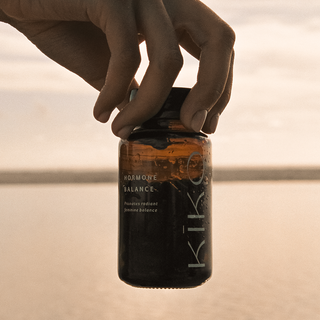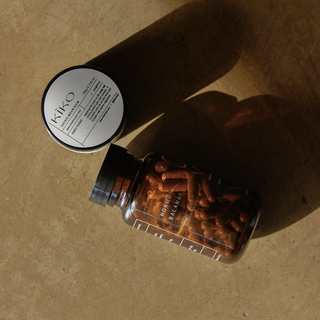Tampons, like sanitary pads, have drawbacks, but they still provide the best use case for some women who are on their periods. Tampon safety has been a source of contention for ages. When used correctly, they can be extremely beneficial to users.
Tampons can be used every day, but they must be changed on a regular basis. Using a single tampon overnight has its own drawbacks and should be avoided because of some side effects that it brings along. However, many of the problems caused by tampons were addressed primarily in the 1980s.
Tampons have been advocated for use by researchers due to their minor side effects. Women who are on their periods are advised to use a tampon when engaging in the following activities:
- Exercising at a gym, outdoors or indoors to prevent leaking,
- When going to the beach or swimming in a pool since tampons are safe to use on water-related activities, and
- When going out with friends or family.
Despite the fact that there are numerous ways to prevent dripping during periods, tampons continue to hold a strong appeal and have gained popularity among the younger generation.
Tampons are not completely safe and are known to contribute to Toxic Shock Syndrome. Toxic Shock Syndrome is a fatal illness, but new tampon technology can protect users from it. We need to understand Toxic Shock Syndrome and how to avoid it because of its severity when it comes to tampon use.
Toxic Shock Syndrome (TSS) and Tampons
Toxic Shock Syndrome is a fatal condition caused by bacterial infection. Confusion, fever, nausea, seizures, rash, and other symptoms are common. Tampons are known to be one of the factors that cause TSS, particularly super absorbent tampons since they leave bacteria when used.
To avoid infection, it is recommended that tampons be changed at least every 8 hours. TSS can be caused by infection; however, TSS infections have decreased since the introduction of low absorbent tampons. Still, it is something that should not be overlooked; thus, even if you use low absorbent tampons, you must change tampons every 8 hours or less.
Aside from Toxic Shock Syndrome, there are several major concerns about tampons, some of which are unproven. Here are some of the issues that researchers and others have raised about tampons:
Asbestos
According to reports, asbestos is used in the manufacture of tampons, which causes excessive bleeding. These fears are unfounded because official records show that tampons are made of rayon and cotton. The use of asbestos in tampons is still being researched with no lab proof on the subject.
Rayon
Rayon is a fiber made from regenerated cellulose that is commonly found in tampons. Tampons contain rayon fibers, which have been linked to Toxic Shock Syndrome. This is up for debate, and it has yet to be proven.
Since the components of modern tampons pose no known risks to users, they can be considered moderately safe. We cannot say that tampons are completely safe to use because of the concerns that have been raised.
Tampons have a number of advantages and are thought to be preferable to pads. Here are some of the advantages of using tampons.
- If properly inserted, the person that uses a tampon cannot feel that they are wearing one.
- They are completely hidden.
- They can be used without fear of leakage during some of the most strenuous chores and exercises.
Apply the following safety tips to have happy periods and avoid infection when using tampons.
- To prevent the transfer of bacteria from your hands, use antibacterial hand wash prior to insertion;
- To avoid bacterial growth on a tampon, change it every four to eight hours. Using a tampon for an extended period of time increases the risk of vaginal or bladder infections, as well as TSS;
- When you have a bowel movement, change your tampons because bacteria-laden feces can contaminate the string that hangs out of a tampon;
- More absorbent tampons should not be used because they absorb the vaginal lubrication resulting in vaginal dryness.
Conclusion
Tampons are relatively safe when used properly. Following the user instructions discussed in this article can help you avoid bacterial infections and have safer periods. If you experience any symptoms that are out of the ordinary during your period and you are using tampons, consult your doctor for a more qualified diagnosis of the illness that you are experiencing.




